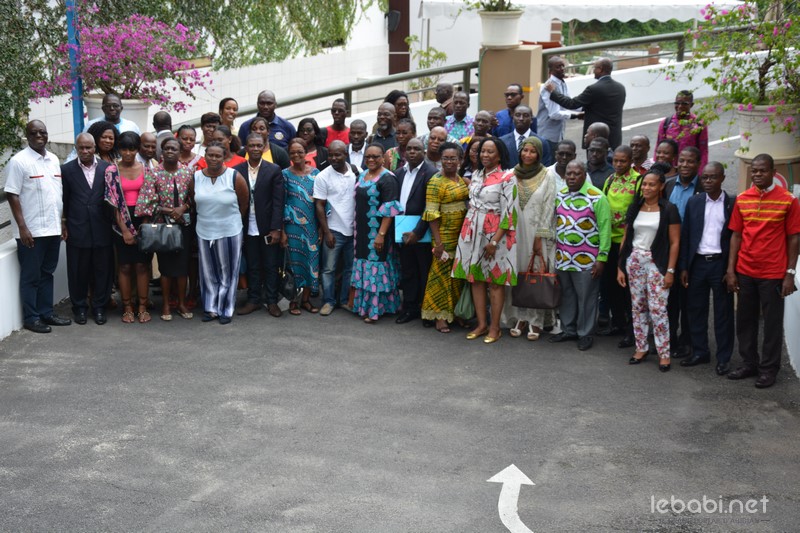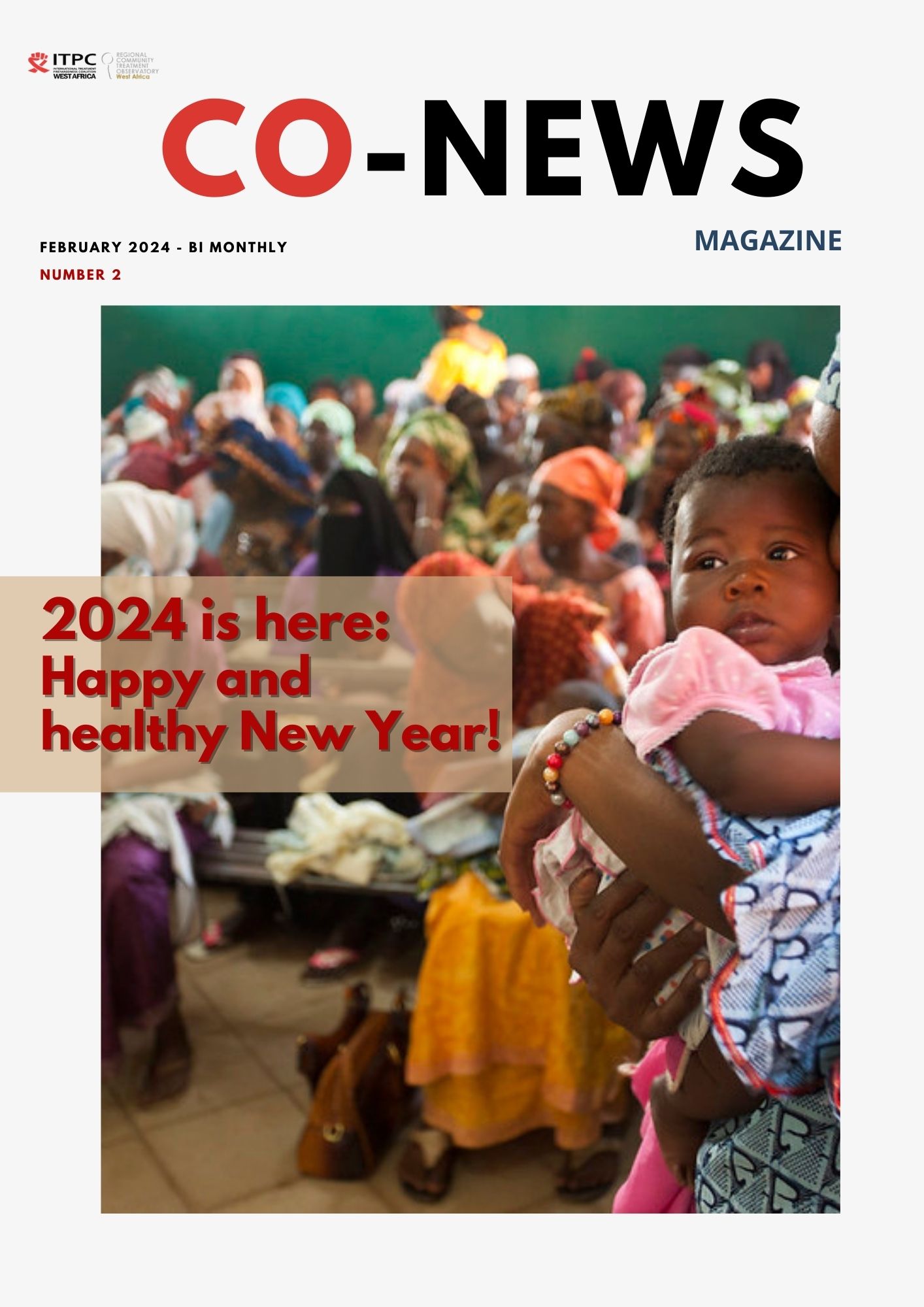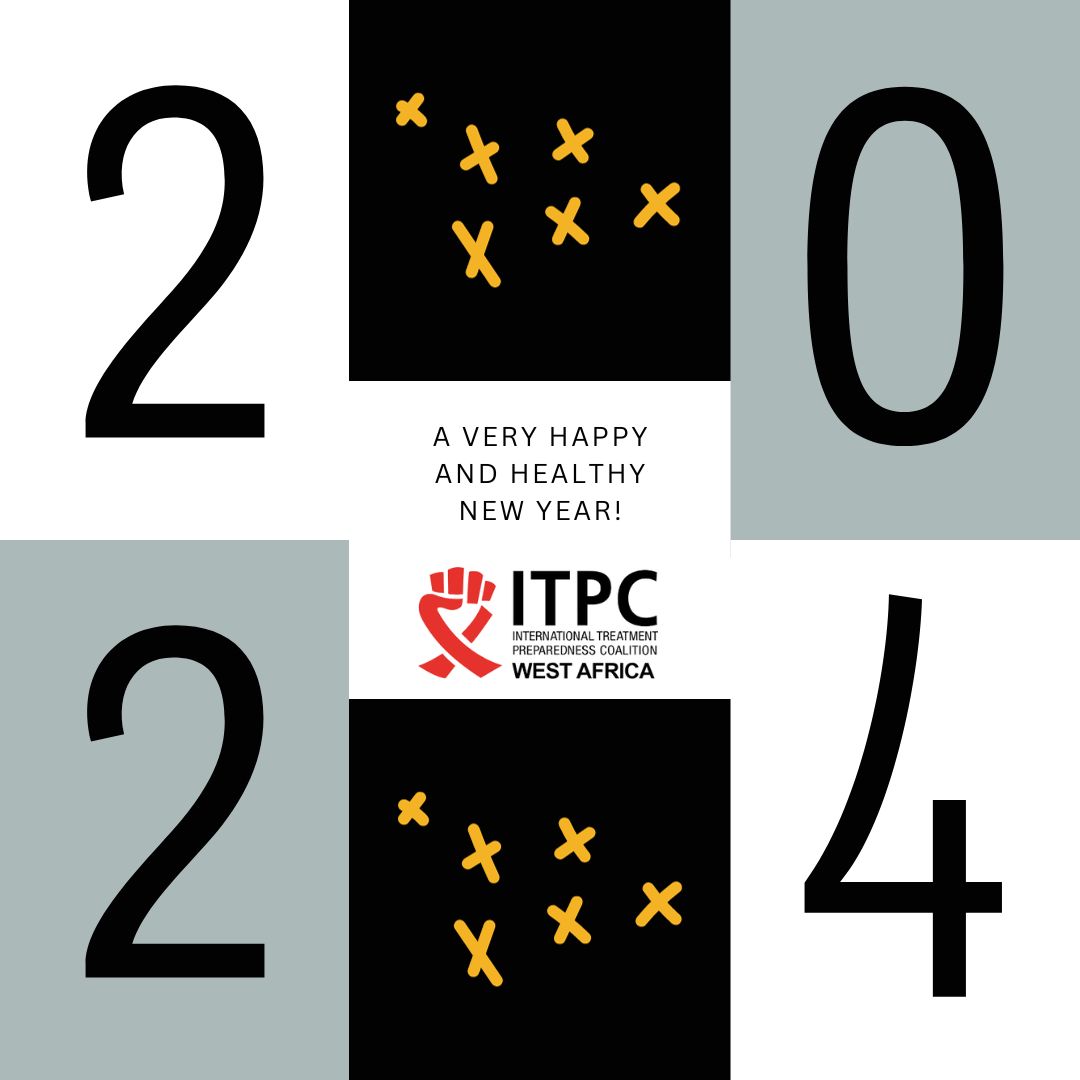Civil society actors working in the field of health presented to their various strategic partners the National Community Surveillance Mechanism on health in Côte d'Ivoire on Wednesday, August 28, 2019 at the end of a workshop they had been organizing since on Monday August 16 in Abidjan Cocody.
Following the national dialogue on health organized in February 2019 by the State of Côte d'Ivoire and the community dialogue organized with the support of UNAIDS Côte d'Ivoire from May 15 to 17, 2019, Ivorian civil society working in the health sector, in its desire to contribute to the improvement of interventions aimed at populations, has been able to establish a mechanism for advocacy, citizen control of public action and accountability of actors in the health sector, in particular the State, civil society, the private sector and technical and financial partners.
With the financial support of UNAIDS and at the initiative of the ITPC (international coalition for treatment preparedness) a series of workshops were held in Abidjan for the conceptualization of the National Community Surveillance Mechanism on Health in Côte d'Ivoire in connection with a major health framework document, the national health development plan 2016-2020.
Speaking on behalf of all the actors of civil society who participated in the process of implementing the mechanism, Laurent Gbanta (Participant), wished to thank UNAIDS, the main technical and financial partner of the project, whose support was flawless throughout.
"Ladies and gentlemen, this is the place to express our gratitude and deep gratitude to UNAIDS, which has enabled civil society organizations in their diversity to speak with one voice through the current system in the interests of 'better coordination of community interventions in the multi-sectoral response advocated by the State of Côte d'Ivoire'. Rejoiced Mr. Gbanta.
For Ms. Brigitte Quenum, Country Director of UNAIDS, it is natural that the institution she leads has decided to support the ITPC in the process of setting up the mechanism because aware of the key role that society plays civil society in supporting the national response.
"Because we are aware of the role of civil society in supporting the national response, it was important for us to continue to support it." Said the Director.
She then praised not only the approach of civil society regarding the idea of setting up such a system, but also the fact of having extended it to the entire field of health and not just to HIV/AIDS.
The still high rate of HIV-infected patients, the high mortality rate caused by malaria, the incidence of tuberculosis, the limited access to family planning in health establishments in the regions, the high and worrying neonatal morbidity and mortality and the insignificant number of indicators making it possible to assess the level of performance of the actions carried out in terms of prevention, promotion, health and local medicine (non-exhaustive list).
This is the observation that led civil society actors led by the ITPC and supported by UNAIDS to set up this tool which will contribute to improving the Ivorian health system by strengthening the activities already carried out by the State of the Coast. d'Ivoire whose efforts are to be commended.
A conceptual document was therefore developed after workshops for reflection, conceptualization, formalization and validation, thus allowing Ivorian civil society to present this Wednesday, August 28, 2019 the mechanism to the various partners who support health in Côte d'Ivoire.
Alain Manouan, Director of the regional community observatory on treatment in West Africa, also representing the ITPC, recalling the process of setting up the mechanism, made a point of specifying that it is not a structure supranational, it's just a device that will allow all health actors in Côte d'Ivoire to go in a well-defined direction.
"Civil society, by inviting technical and financial partners today, expects them to make a technical contribution through constructive comments that can help improve the concept document, support in the implementation, in particular by respect and the dynamic that is being put in place, and finally technical and financial support to facilitate the operationalization of the mechanism". Said Alain Manouan.
It should be noted that in order to fully play its role in order to improve the various aspects of health in Côte d'Ivoire, the mechanism has assigned missions such as monitoring the implementation of commitments, directives national and international measures taken by the State in terms of health, if, ensure better allocation and efficient management of the resources made available to health actors, then set up a single community strategic information system to monitor health objectives and finally strengthen collaboration between civil society actors for better control of interventions for the quality, access and use of the health service offer.

3 years ago




